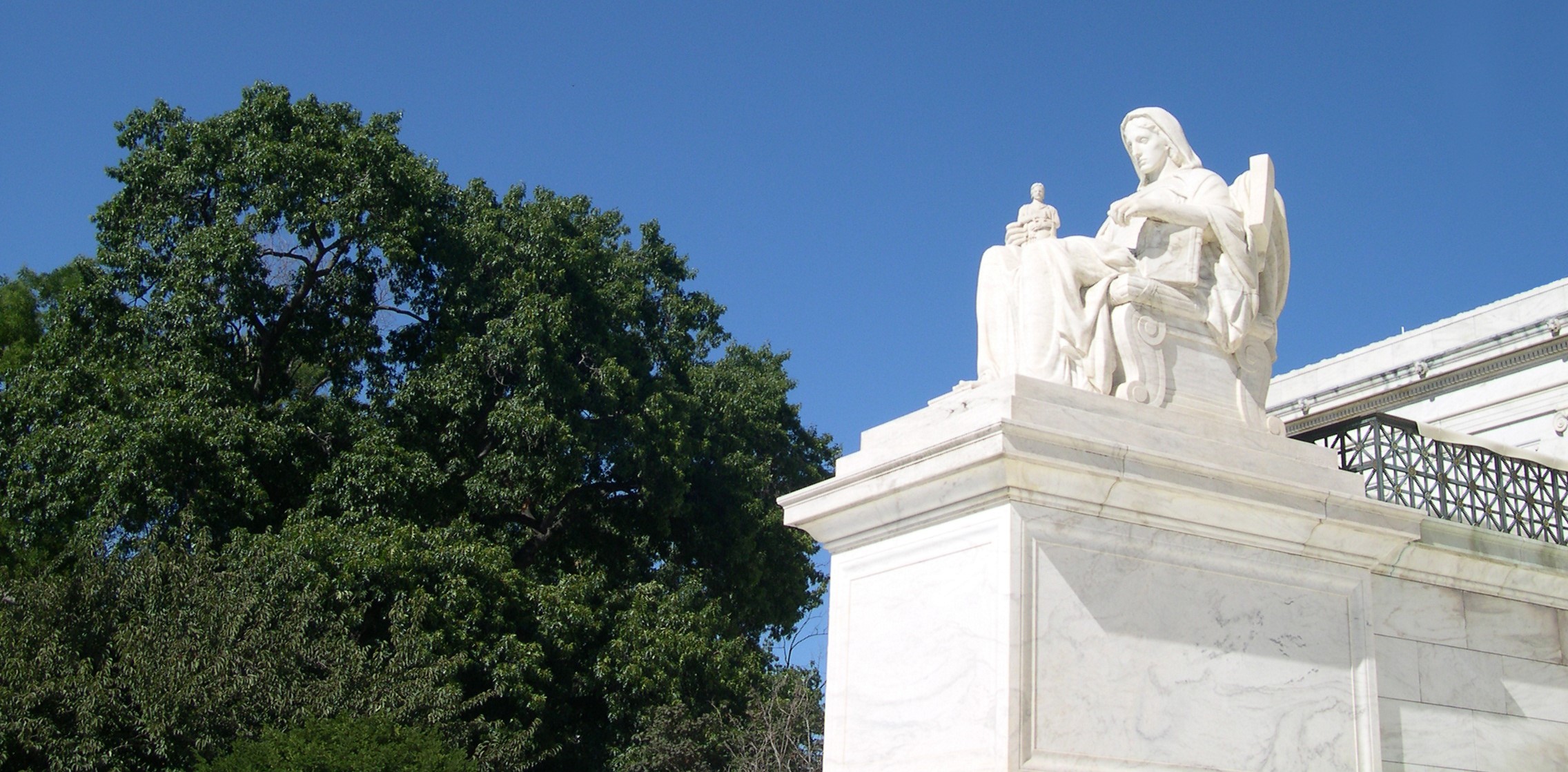State's High Court Justices DO Indeed Make Law

It has happened again. A candidate for the Michigan Supreme Court has declared, “It is incumbent upon our state’s highest court to enforce and not make the law.” I have written about this mischaracterization of the role of our state’s highest court before, but a reminder seems in order. Here is an abridged version of my op-ed column in the Detroit News several election cycles ago:
What do the justices of the Michigan Supreme Court do all day? Campaign literature on behalf of some candidates for election this fall might lead voters to assume that justices spend the majority of their working hours enforcing legislation. And avoiding making law.
In a newsletter, one candidate describes the court's role as follows: “The court tries to enforce the law and not meddle in the Legislature’s job.” Another says, “Our job is to uphold the law, not change it.” Another believes that “the judicial branch should interpret the law and not make the law.”
This emphasis on legislation as the source of our law overlooks the fact that Michigan, like almost all states but Louisiana (a “code” state), is a common-law jurisdiction. In common-law states, the members of the state’s highest court have the authority, and indeed the duty, to “make law.” The fact is, they do it all the time.
What is meant by “common law?” The common law, which we inherited from England, is simply the accumulation of judicial precedent based on the inherent power of the courts to declare law where no statute or constitutional provision controls. The common law of a jurisdiction develops on a case-by-case basis, with legal issues decided as particular legal problems arise.
U.S. District Court Judge Avern Cohn was on the mark in stating, at a lecture at the University of Michigan Law School, that “the vast majority of the law that governs us is the common law, judge-made law.” And it’s a good thing.
We should all be thankful that for the most part our conduct is governed by, and our legal rights and remedies flow from, the common law rather than legislation. Legislators are good at passing laws but poor at updating or repealing them as conditions change.
We’re all familiar with periodic news stories about hopelessly outdated laws that are still on the statute books. Even the conservative Mackinac Center for Public Policy has criticized the Legislature for failing to repeal outdated laws that are “often silly and sometimes destructive.”
In contrast, because it evolves, the common law is self-cleansing. A recent Detroit News editorial called the process “pruning precedents.”
So judging involves much more than enforcing the will of the Legislature. Judges, particularly at the Michigan Supreme Court level, make law continuously as they tend the garden of the common law, advancing or retarding its growth.
Voters this November need to know more about the candidates for our Supreme Court than whether they will strictly interpret legislation. They need to ask in what direction will the candidates take Michigan’s common law.
Cooley Law School Distinguished Professor Emertus Otto Stockmeyer’s Detroit News op-ed column is available in its entirety on SSRN.

